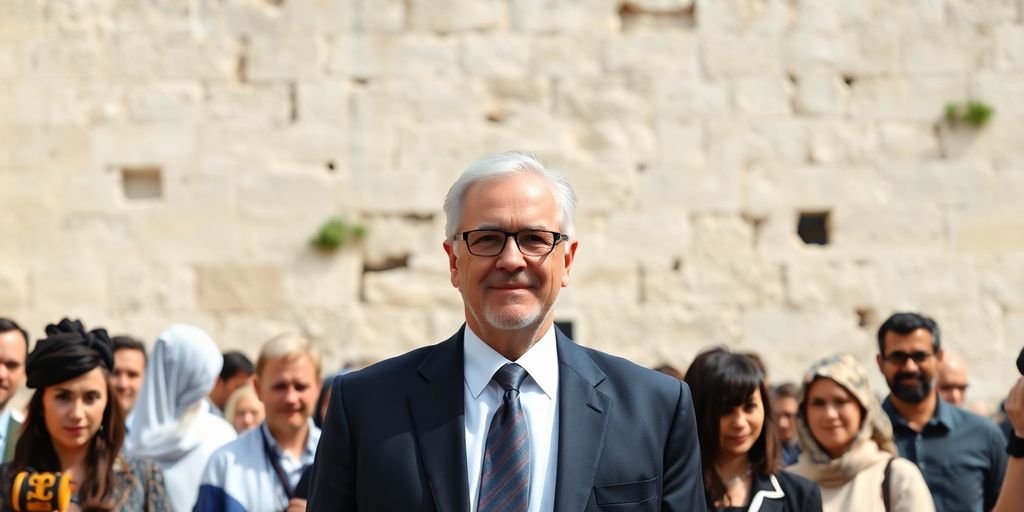Bosnian-Serb leader Milorad Dodik has made headlines with his recent trip to Tel-Aviv, where he participated in an Anti-Semitism conference alongside Israeli Prime Minister Benjamin Netanyahu. During the event, Dodik drew parallels between Republika Srpska and Israel, asserting that both entities are "defending themselves unapologetically." This visit comes amid significant political tension in Bosnia and Herzegovina, particularly with an arrest warrant issued against him for alleged anti-constitutional conduct.
Key Takeaways
- Milorad Dodik attended an Anti-Semitism conference in Tel-Aviv.
- He compared Republika Srpska to Israel, emphasizing a shared narrative of self-defense.
- An arrest warrant has been issued for Dodik by the Court of Bosnia and Herzegovina.
- Speculation arises regarding Dodik potentially seeking refuge in Israel.
Context of the Conference
The Anti-Semitism conference, which featured prominent leaders and activists, aimed to address rising anti-Semitic sentiments globally. Dodik’s participation is particularly controversial given the ongoing political strife in Bosnia and Herzegovina, where he has been accused of undermining the constitutional order.
Dodik’s Statements
In his remarks, Dodik stated:
- "Both Republika Srpska and Israel are defending themselves unapologetically."
- He emphasized the importance of national identity and sovereignty in the face of external pressures.
These statements have sparked a mixed reaction, with some praising his stance while others criticize it as a dangerous rhetoric that could exacerbate ethnic tensions in the region.
Legal Troubles
The backdrop of Dodik’s visit is marked by legal challenges. The Court of Bosnia and Herzegovina has issued an arrest warrant for him, accusing him of actions that threaten the constitutional framework of the country. This legal predicament has led to speculation that Dodik may attempt to evade arrest by seeking asylum in Israel, a move that could further complicate diplomatic relations between Bosnia and Herzegovina and Israel.
Reactions from Bosnia and Herzegovina
The reaction to Dodik’s visit has been polarized:
- Supporters argue that his presence at the conference highlights the importance of combating anti-Semitism and aligns with a broader narrative of self-defense for smaller nations.
- Critics contend that his actions are a diversion from pressing domestic issues and could incite further division within Bosnia and Herzegovina.
Conclusion
Milorad Dodik’s trip to Israel and his comments at the Anti-Semitism conference have ignited a firestorm of debate both domestically and internationally. As he navigates his legal challenges back home, the implications of his statements and actions will likely resonate throughout the region, influencing both political dynamics and public sentiment in Bosnia and Herzegovina. The situation remains fluid, with many watching closely to see how it unfolds in the coming weeks.






